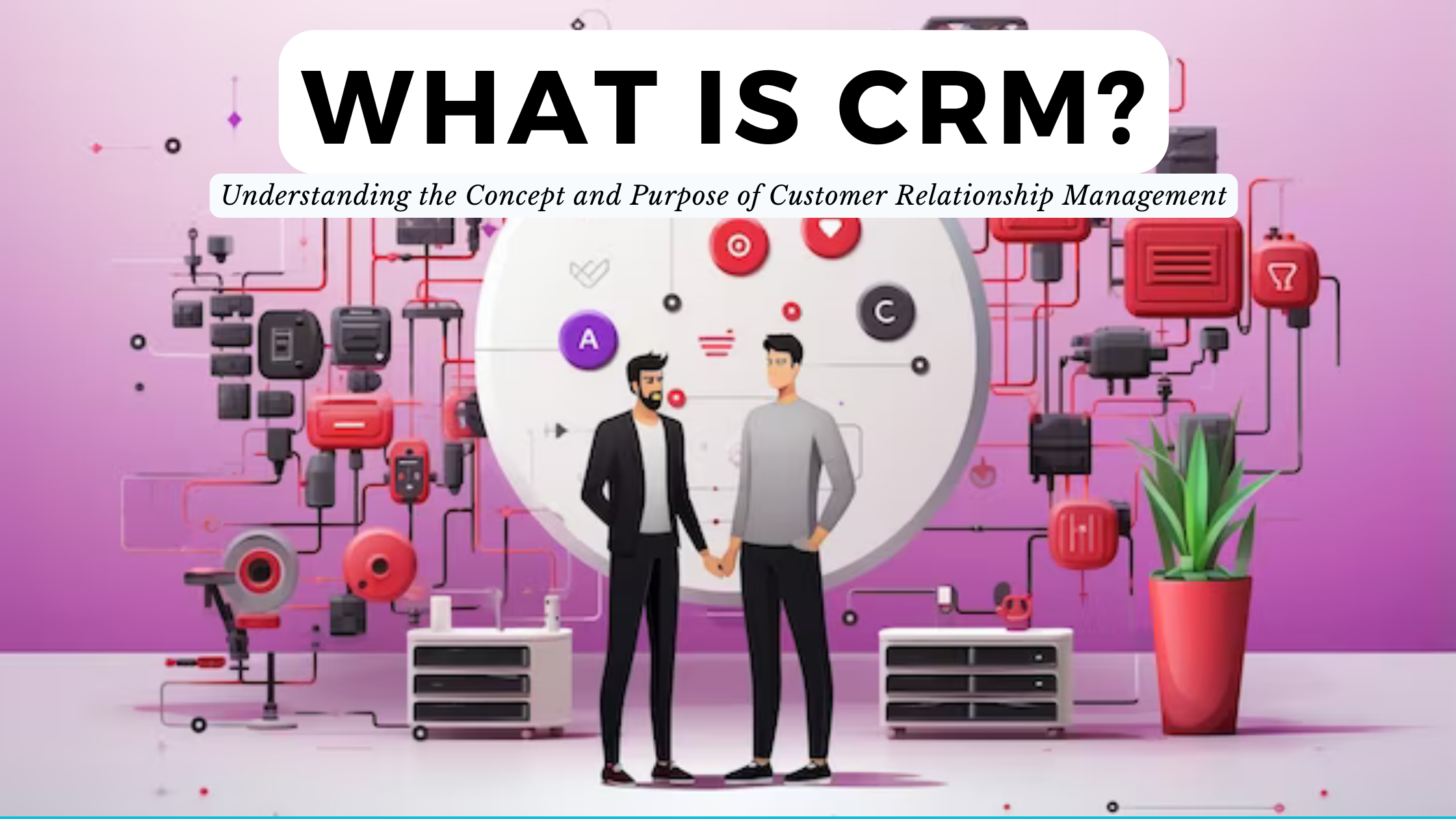CRM Meaning: Understanding the Concept and Purpose of Customer Relationship Management
- Proposal Software Customer Relationship Management


CRM Meaning: Understanding the Concept and Purpose of Customer Relationship Management
Introduction
Customer Relationship Management (CRM) is a technology for managing all your company’s relationships and interactions with customers and potential customers1. The goal is simple: Improve business relationships to grow your business1. A CRM system helps companies stay connected to customers, streamline processes, and improve profitability1. When people talk about CRM, they are usually referring to a CRM system, a tool that helps with contact management, sales management, agent productivity, and more1.
Understanding CRM
CRM stands for customer relationship management, a set of integrated, data-driven software solutions that help manage, track, and store information related to your company’s current and potential customers2. By keeping this information in a centralized system, business teams have access to the insights they need, the moment they need them2. Without the support of an integrated CRM solution, your company may miss growth opportunities and lose potential revenue because it’s not optimizing operating processes or making the most of customer relationships and sales leads2.
Purpose of CRM
The purpose of CRM is to improve business relationships, grow your business, and streamline processes across marketing, sales, digital commerce, and customer service1. A CRM system gives everyone — from sales, customer service, business development, recruiting, marketing, or any other line of business — a better way to manage the external interactions and relationships that drive success1. A CRM tool lets you store customer and prospect contact information, identify sales opportunities, record service issues, and manage marketing campaigns, all in one central location1.
Relevant SaaS Products for CRM
Here are some relevant SaaS products for CRM:
- ClickUp: ClickUp is an all-in-one work platform. Their CRM features accelerate customer growth, enhance customer satisfaction, and introduce business process efficiencies3.
- Zendesk Sell: Zendesk Sell is a sales CRM software tool that enhances productivity, processes, and pipeline visibility for sales teams4.
- Pipedrive: Pipedrive is a sales CRM software tool that sets the mark for ease of use, customer support, and task automation5.
- Salesforce Sales Cloud: Salesforce Sales Cloud is a part of Salesforce’s CRM platform that includes sales force automation, customer service management, and marketing automation6.
- Microsoft Dynamics 365: Microsoft Dynamics 365 is a set of integrated, data-driven software solutions that help manage, track, and store information related to your company’s current and potential customers7.
- Oracle Advertising and Customer Experience: Oracle Advertising and Customer Experience is a part of Oracle’s suite of tools that helps companies manage interactions with current and potential customers, partners, and suppliers in a single place8.
- NetSuite CRM: NetSuite’s Customer Relationship Management (CRM) software is the only cloud solution that delivers a real-time, 360-degree view of your customers9.
- SugarCRM: SugarCRM is a CRM platform that connects your sales, marketing, and service teams by letting the platform do the work so they can focus on boosting productivity, business growth, and engaging customers in moments that matter10.
Conclusion
In conclusion, CRM is a crucial tool for any business that wants to maintain and improve its relationships with customers. It provides a centralized system for managing all customer-related data, making it easier for various departments within a company to work together and provide a consistent customer experience. With the right CRM system, businesses can improve their sales processes, increase customer satisfaction, and ultimately drive business growth.
Relevant Links
- What is CRM? | Microsoft Dynamics 365
- Customer Relationship Management Definition – Salesforce US
- 10 Best SaaS CRM Software for B2B Teams in 2023 | ClickUp
- Zendesk CRM for Sales | All-in-One Sales Platform Zendesk Sell
- Sales CRM & Pipeline Management Software | Pipedrive
- Salesforce Automation Software by Sales Cloud
- What is Dynamics 365 | Microsoft Dynamics 365
- Advertising Software | Oracle
- NetSuite Customer Relationship Management (CRM) | NetSuite
- #1 Rated CRM Platform | CRM Software & Tools | SugarCRM








